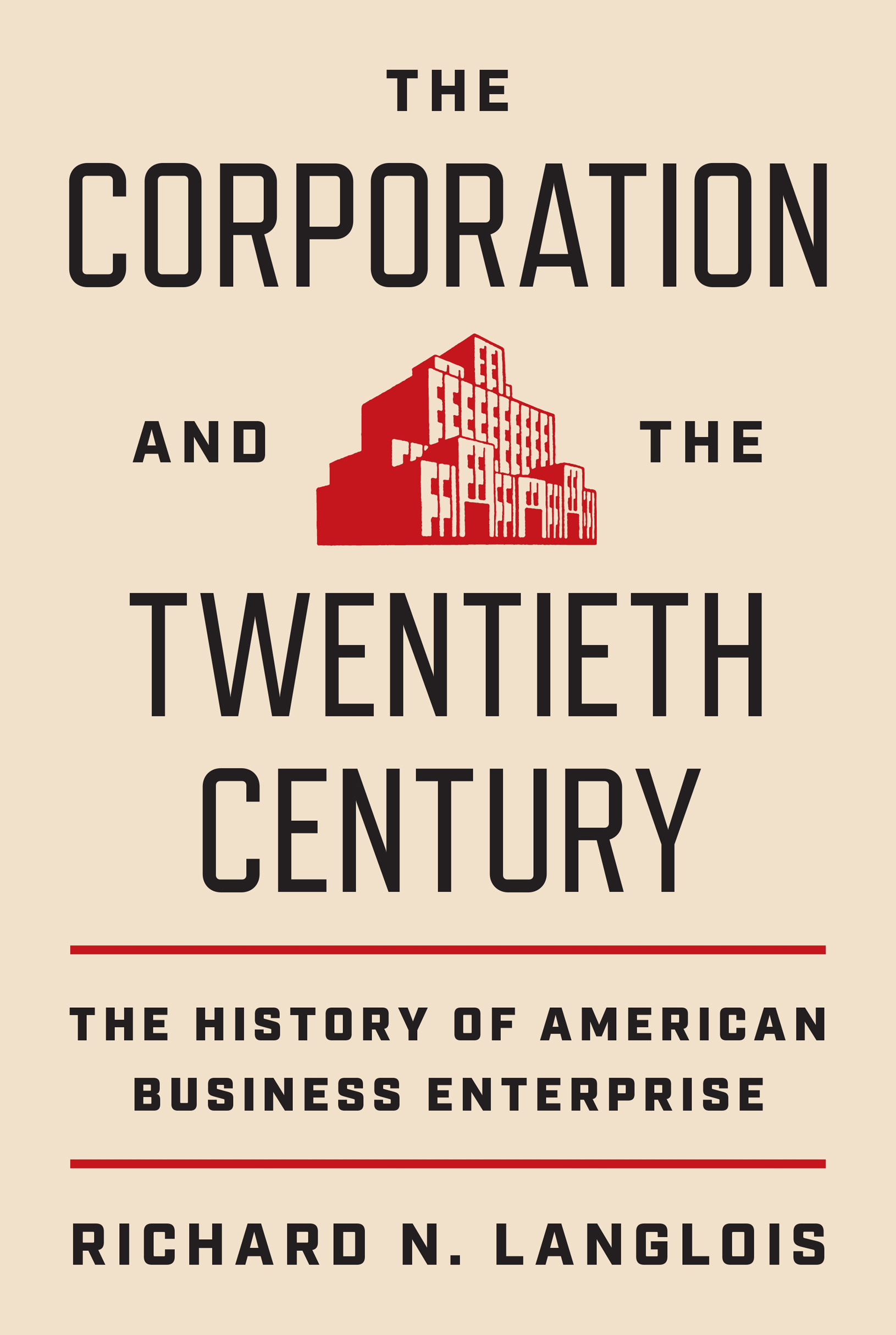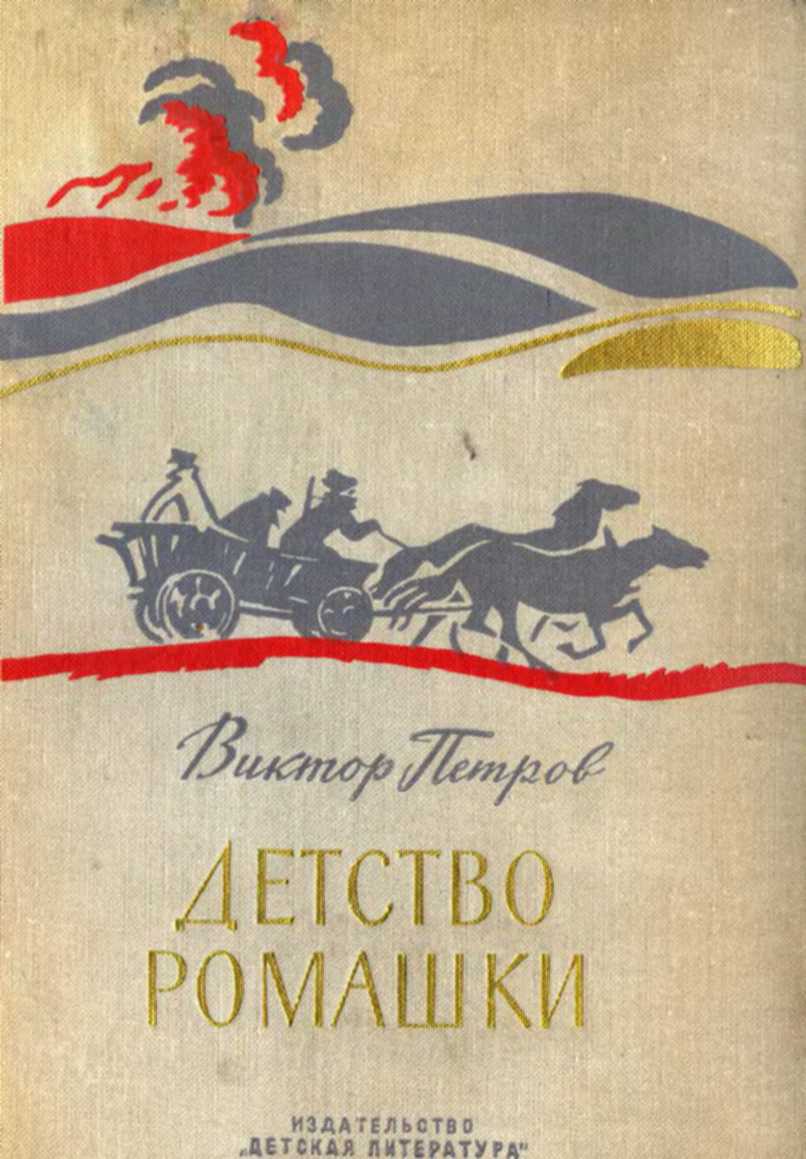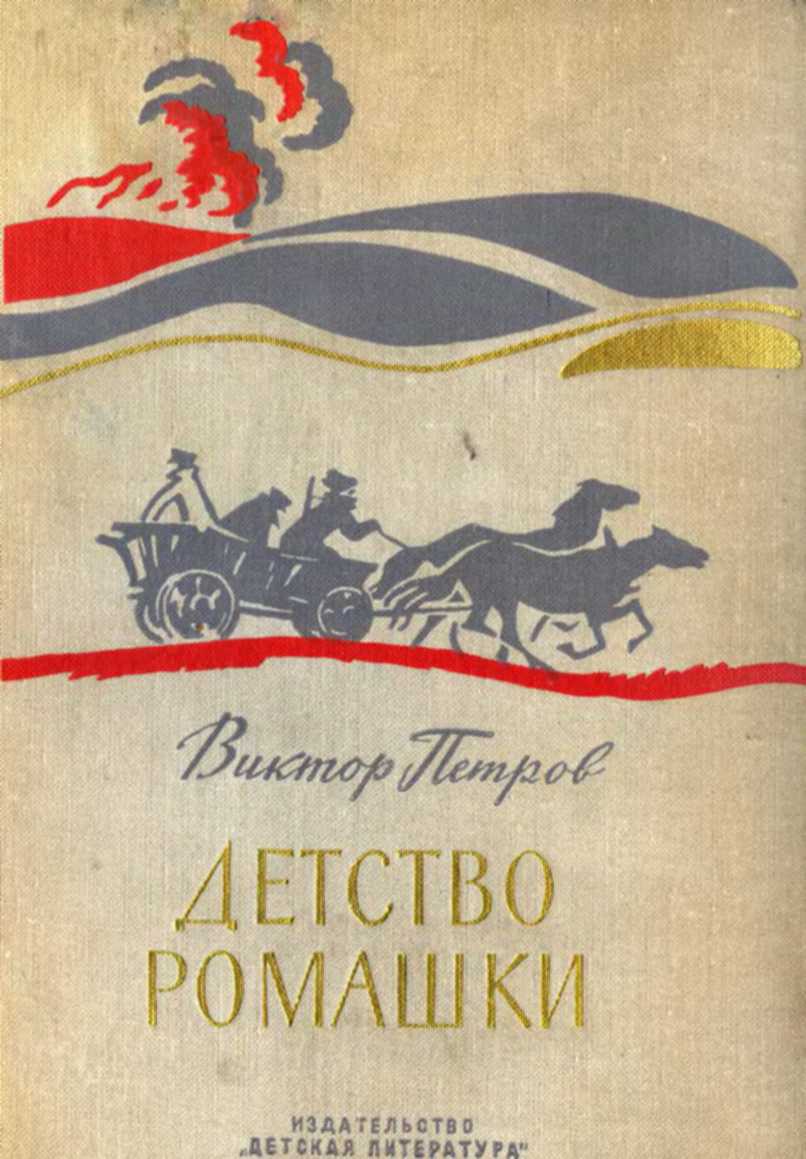with mari- juana and blacks with heroin, and then criminalizing both heavily, we could disrupt those com- munities. We could arrest their leaders, raid their homes, break up their meetings, and vilify them night after night on the evening news. Did we know we were lying about the drugs? Of course we did” (quoted in Dan Baum, “Legalize It All,” Harper’s, April 2016).
480. National Research Council (2014, p. 34). 481. Moynihan (1993, pp. 161–62).
Chapter 9: The Undoing
1. “‘We Are All Keynesians Now,’” Time, Volume 86, Issue 27, December 31, 1965, pp. 64–67B. What Friedman really said was: “In one sense, we are all Keynesians now; in another, no one is a Keynesian any longer” (Friedman 1968, p. 15). “We all use the Keynesian language and ap- paratus,” he elaborated; “none of us any longer accepts the initial Keynesian conclusions.”
2. Chandler (1977, p. 495). 3. Chandler (1967, p. 100).
646 Notes to Chapter 9
4. Chandler (1977, p. 496).
5. “Both nominal and real variables exhibited the most stable behavior in the past century under the Bretton Woods system, in its full convertibility phase, 1959–71” (Bordo 1993, p. 4).
6. Romer and Romer (2002).
7. Triffin (1946).
8. Wilkins (1974, p. 310).
9. “Direct investment used to be thought of by economists as an international capital move-
ment . . . But economists trying to interpret direct investment as a capital movement were struck by several peculiar phenomena. In the first place, investors often failed to take money with them when they went abroad to take control of a company; instead they would borrow in the local market. Capital movement would take place gross . . . but not net. Or the investment would take place in kind, through the exchange of property—patents, technology, or machinery—against equity claims, without the normal transfer of funds through the foreign exchange associated with capital movements . . . Direct investment may thus be capital move- ment, but it is more than that” (Kindleberger 1969, pp. 1–3).
10. Jones (2005, pp. 95–95).
11. Eichengreen (2019, p. 113).
12. Servan-Schreiber (1969, p. 39). “American industry has gauged the terrain,” he added
(p. 29), “and is now rolling from Naples to Amsterdam with the ease and speed of Israeli tanks in the Sinai desert.”
13. Bordo (1993); Eichengreen (2019, pp. 112–23). 14. Shlaes (2019, p. 44).
15. Eichengreen (2019, pp. 121–22).
16. Rockoff (2012, pp. 280–84).
17. Rockoff (2012, p. 296). Rockoff gives the figure as $1,697 billion in 2008 dollars.
18. “I don’t know much about economics,” David Halberstam quotes him as saying, “but I do know Congress. And I can get the Great Society through right now—this is a golden time. We’ve got a good Congress and I’m the right President and I can do it. But if I talk about the cost of the war, the Great Society won’t go through and the tax bill won’t go through. Old Wilbur Mills will sit down there and he’ll thank me kindly and send me back my Great Society, and then he’ll tell me that they’ll be glad to spend whatever we need for the war” (Halberstam 1972, p. 606). Wilbur Mills was chair of the House Ways and Means Committee.
19. Meltzer (2009, p. 484).
20. Bordo (1993, p. 76).
21. Meltzer (2013, p. 491).
22. Meltzer (2005, p. 150).
23. Address before the Investment Bankers Association of America, October 19, 1955,
FRASER, https://fraser.stlouisfed.org/title/448/item/7800, p. 12 (accessed August 23, 2022). Martin attributes the analogy to an unnamed writer.
24. Meltzer (2009, pp. 485, 529). 25. Meltzer (2005, pp. 153–54). 26. DeLong (1997).
27. Meltzer (2009, p. 486).
28. “Nixon Reportedly Says He Is Now a Keynesian,” New York Times, January 7, 1971, p. 19.
Notes to Chapter 9 647
29. Although broadly speaking an economic liberal, Burns was a student and follower of the Institutionalist Wesley Clair Mitchell, who largely rejected economic theory in favor of statisti- cal analysis (Rutherford 1987). Arthur F. Burns is not to be confused with Arthur R. Burns, also an Institutionalist economist and author of The Decline of Competition (1936). Apparently the two were forced to share a mailbox when they were both on the same faculty at Columbia (Stigler 1988, p. 95).
30. Humphrey (1998); Nelson (2005, p. 14).
31. Jim Tankersley and Alan Rappeport, “As Prices Rise, Biden Turns to Antitrust Enforcers,” New York Times, December 25, 2021.
32. Safire (1975, p. 491).
33. Drawing on the Nixon tapes, Abrams (2006) shows that the president put strong pres- sure on Burns after the Camp David meeting, though it unclear whether Burns’s policies were the result of that pressure or of his own views, especially since he may have felt that the “incomes policies” he had championed absolved the Fed of its responsibility to rein in inflation.
34. The details of the Bretton Woods exit had already been worked out by Treasury officials, and the purpose of the meeting at Camp David was not to formulate policy but to get the ad- ministration’s economic team on the same page (Butkiewicz and Ohlmacher 2021).
35. Eichengreen (2019, p. 120).
36. Stein (1988, p. 165).
37. Safire (1975); Stein (1988).
38. All inflation figures in this section from World Bank, Inflation, consumer prices for the
United States, FRED, Federal Reserve Bank of St. Louis, https://fred.stlouisfed.org/series /FPCPITOTLZGUSA (accessed December 31, 2020).
39. Neal (2015, p. 271).
40. Although the oil-price shock was an event with roots in political economy, there remains a sense in which the US inflation and the fall of Bretton Woods were also partly to blame. The OPEC increase was a real relative-price change for those paying for oil in dollars. But for those receiving depreciating dollars in exchange for oil, the situation looked rather different. If the price of oil had been stipulated in gold rather than dollars just before the price increase, OPEC would have received $1.62 more





